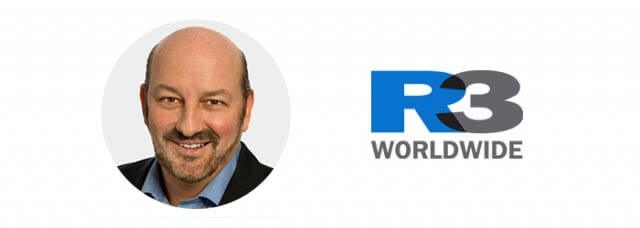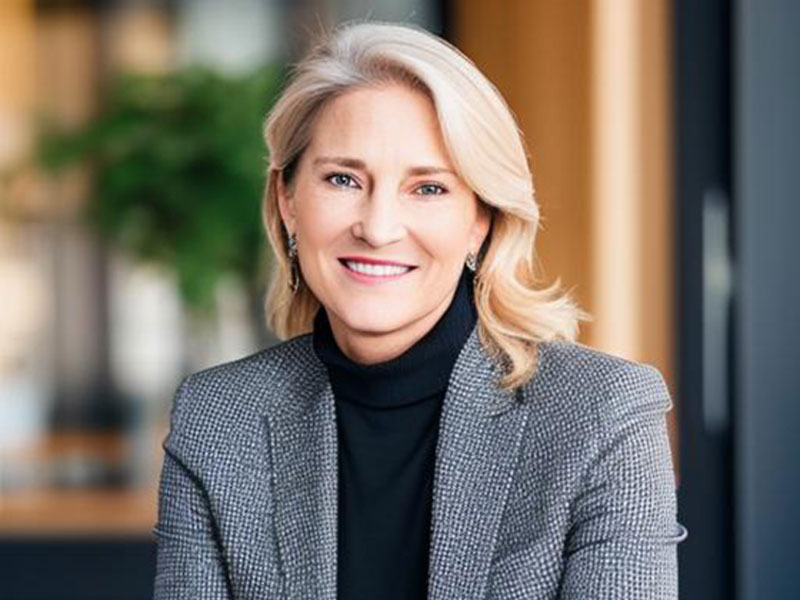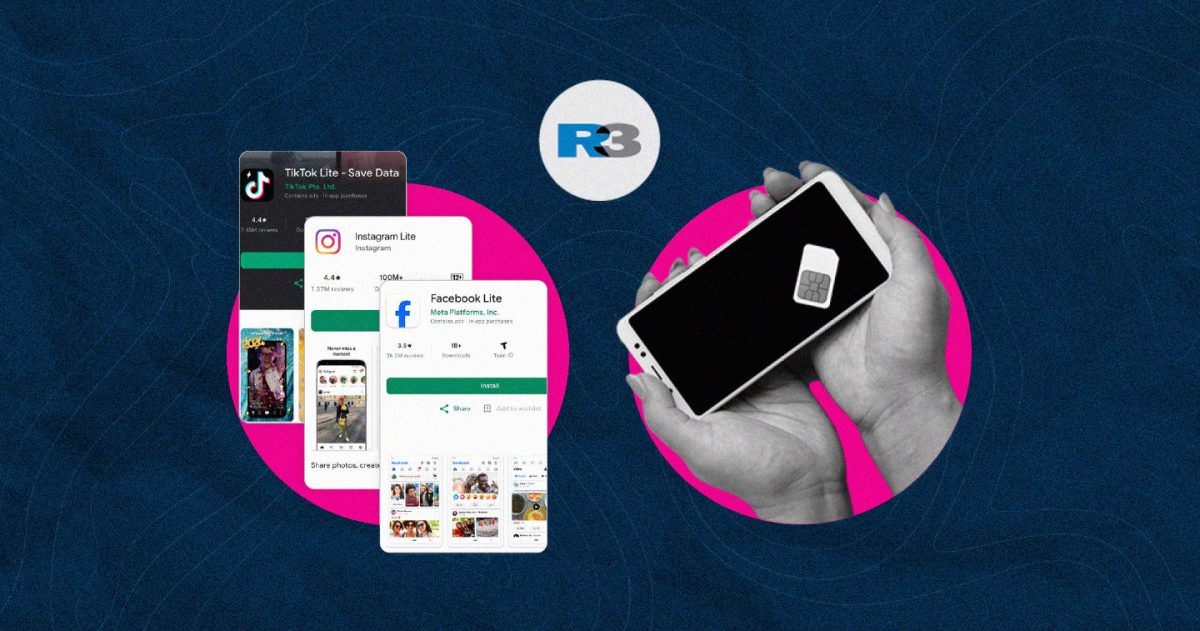Agencies are calling 2018 “Mediapalooza Two” as brands review an inordinate amount of accounts, following a pattern that began in 2015.
Since January, brands including Microsoft, Shell, Asda and Mondolez have put a collective $10 billion worth of media accounts up for review, according to research firm ID Comms.
But this year, brands are putting new requirements on agencies, and agencies need to decide whether they’re worth participating in.

“These reviews are going deep into the tech stack,” said Greg Paull, co-founder and principal at research firm R3, which runs agency reviews. “There’s a huge challenge now for marketers to integrate first-party data with second- and third-party data.”
Agencies always balance serving clients and pitching for new business, but as clients seek in-depth services around data, analytics and business transformation, reviews are getting longer, more in-depth, more frequent and more expensive. While reviews average four months, some clients are extending them for up to a year with costs as high as $1 million, Paull said.
Meanwhile, agencies must reconcile committing their best and brightest talent to the review process without underserving existing accounts.
Agencies must also consider the reality of clients taking parts of their business in-house. Procter & Gamble said Friday it’s reviewing Hearts & Science, the media agency Omnicom built to service the CPG giant in 2016, as it seeks to handle more planning and buying internally.
“You need to factor in your likelihood of winning,” Paull said. “What’s the cost-benefit analysis? It’s a challenge for most agencies.”
Here’s how agencies assess whether a review is worth participating in – or whether to just pass.
What marketers want
As marketers expand their digital operations, they’re asking more in-depth questions around agencies’ data, technology and systems integration capabilities during media reviews.
“Clients are still trying to figure out how to use what they have inside of their organizations,” said Elizabeth McCune, chief growth officer at GroupM. “Sometimes they ask us to help them do that.”
Agencies used to doing creative or media execution now must take on a more consultative role – which isn’t necessarily where their expertise lies.
These days, reviews might center around activating PII vs. cookie data, using data to drive performance and evaluating which services to take in-house. Since the average media agency doesn’t have all of those capabilities, they bring in talent from across the holding company to compete.
“Holding companies are turning to digital agencies or agencies that specialize in CRM, direct marketing and identity,” said Doug Ray, president of product and innovation at Dentsu Aegis Network. “Media agencies must partner with other agencies to deliver.”
So brands increasingly send RPFs to the holding company level to access more talent – which strains agencies who have to service current clients, but still need to allocate their top staff to reviews, said Tim Jones, US CEO at Publicis Media. As reviews become longer and more global, that pressure mounts.
“The resources start to build,” Jones said. “You’re putting increasing amounts and quality of talent forward.”
Showcasing an agency’s best and brightest during reviews often means pulling talent off current accounts – and potentially disrupting existing relationships.
And as trust issues roil the media-buying landscape, clients are taking more time in reviews to do chemistry sessions, test technology and get deeper into the agency’s capabilities than in the past.
Resource constraints
As reviews become more intensive and frequent, agencies are assessing their resources and passing on new business opportunities they don’t think are worth the cost.
“If agencies enter reviews multiple times a year, they need to have a realistic chance of winning,” Paull said. “The time cost of senior management is a huge factor.”
Having scale helps. With 31,000 employees, GroupM is constantly looking for new opportunities to move talent around based on their interests and positions available in new accounts, McCune said.
“We talk a lot about [the] second layer of individuals ready for a promotion, and figure out how, as new pieces of business come in, we can give them a growth opportunity,” she said.
But sometimes existing talent isn’t enough, and agencies hire new talent just to help staff a review. If the agency ends up winning, those employees will staff the account. If they don’t, the agency will have to redeploy those resources – or lay them off.
Staffing up for a review is easier said than done. Top talent skilled in technology, consulting and data science is hard to recruit away from higher-paying industries, especially with agency margins under pressure.
So how do agencies choose which reviews are worthwhile?
An opportunity could be worth going after if a prospective client has a pre-existing relationship with the holding company, or if the prospect’s goals align strategically with the agency, said Publicis Media’s Jones.
GroupM sometimes asks marketers point blank about its chances of winning a review before moving forward.
“If our chances aren’t good or there are areas we don’t feel align to our agencies, we say no,” McCune said.
But when agencies are forced to sit out reviews, it’s also a negative for clients, who miss out on having top agencies compete for their business, Ray said.
Pricing power
Despite the growing intensity of reviews, the final decision often comes down to price.
“No one wants to pay more through a review process,” Paull said. “Agencies are definitely sharpening their pencils to get the best possible value for clients.”
Cost has always been a major factor in reviews and has remained so as marketers in mature industries cut budget. Some clients base up to 50% of their decision on price, Ray said.
“They may love the people and products, but if the pricing is 10% to 30% differential, that’s going to be the tie breaker,” Ray said.
While agencies can win by overpromising on price, they won’t keep the account if they can’t deliver. When clients ask for unrealistic media prices, agencies eventually must step down.
“In the US there are outrageous pricing guarantees being offered to clients,” Ray said. “At some point agencies are going to have to say, ‘I can’t go any lower.’”
And not every client is looking for savings by directly negotiating prices on media, McCune said. Savvy clients are looking for data and technology to create efficiencies, making it even more important for agencies to showcase their tech stacks in reviews – even if the ultimate decision does come down to price.
“You can save a client money, or you can do things better to optimize the dollars that they’re spending,” she said.
Unfortunately for agencies, the pressure isn’t letting up. As clients get into the cycle of reviewing their agencies every three to five years, agencies will continue to be under more frequent demand to prove their value and worth.
“We’re in this period of flux and transformation for at least the next several years,” Ray said.





